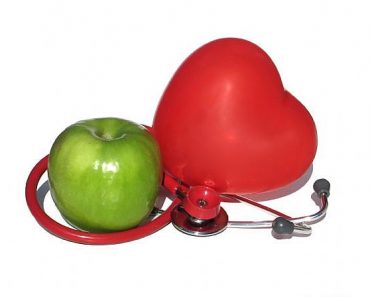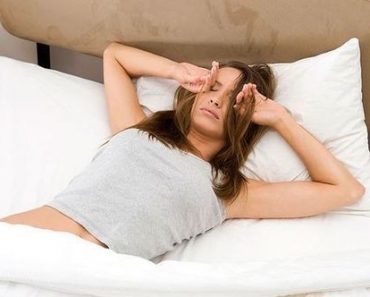Myth: Alcohol helps you to sleep better
Fact: Alcohol is not an ally of good sleep. Although he can contribute to sleep faster, will affect the quality of your sleep. When your body attend alcohol, you can not sink into a deep sleep, you wake up easily and often at night, and more likely to snoring or to have other breathing problems.
Myth: It does not matter what time you go to bed
Fact: It is more likely nocturnal birds to show symptoms of depression than those who go to bed early, even when they sleep the same number of hours. Multiple studies have shown that late bedtimes can not only cause depression, but also can bring you bad mood and adversely affect overall health. If you want to start to drop off early,on every 2-3 days bed go fifteen minutes earlier than the previous time. So you will gradually change the habit of going to bed.
Myth: There is something wrong with you if you don’t remember the dreams
Fact: All dreams, but some people remember the dream, and others don’t. If you can remember what you were dreaming, this is not a big deal and it don’t have no adverse effects. Remembering the dream depends largely on that when you wake up. If you wake up during sleep or immediately after sleep, the more likely is that you will be able to remember what you dreamed.
Myth: The teenagers have to get a longer sleep
Fact: The average teenagers need to sleep 8 and a half to just over 9 hours, and the average adult to sleep 7-8 hours.
Myth: Lack of sleep will make you overweight
Fact: No one has confirmed that sleep affects the weight. Sleep actually affect certain hormones, specifically leptin and ghrelin, which in turn affect the appetite. Ghrelin is a hormone that stimulates appetite, while leptin hormone sends a signal to the brain when you are full. If you don’t have enough sleep,will reduce levels of leptin and will increase ghrelin levels in the body. That often leads to overeating and weight gain.






